An Unequal Tragedy: Disparity in Ex-Gratia Relief
A recent letter penned by E A S Sarma, a former Secretary to the Government of India, has brought to light the troubling disparity in ex-gratia relief provided to victims of two catastrophic incidents. Addressed to Shri Ashwini Vaishnaw, the Railway Minister, Sarma's letter underscores a blatant inconsistency in the compensation amounts announced for victims of the Kanchenjunga Express accident and the Delhi Airport roof collapse.
The Kanchenjunga Express accident, which unfolded in June in the verdant state of West Bengal, saw the loss of several lives. Meanwhile, almost simultaneously, a grievous event at the Delhi Airport involving the collapse of a roof also claimed lives. The stark contrast arises from the compensation provided: the Civil Aviation Ministry announced a generous Rs 20 lakhs for each deceased victim of the airport disaster, while the Railway Ministry deemed Rs 10 lakhs sufficient for families of the Kanchenjunga Express victims.
A Voice of Concern
Sarma's letter is a clarion call to address this inequity. He argues that both tragic events were marked by gross negligence on the part of government agencies. This negligence, he asserts, should warrant a consistent approach in providing ex-gratia relief. The evident disparity, according to Sarma, implies an unspoken hierarchy of value placed on human lives, raising uncomfortable questions about social and economic biases.
In his heartfelt plea, Sarma articulates a pressing question: why are lives lost in railway accidents deemed less valuable than those lost in an airport incident? This query strikes at the heart of perceived neglect, suggesting a systemic undervaluation of the not-so-well-to-do. He insists that the Railway Ministry should match the ex-gratia relief to the level announced by the Civil Aviation Ministry.
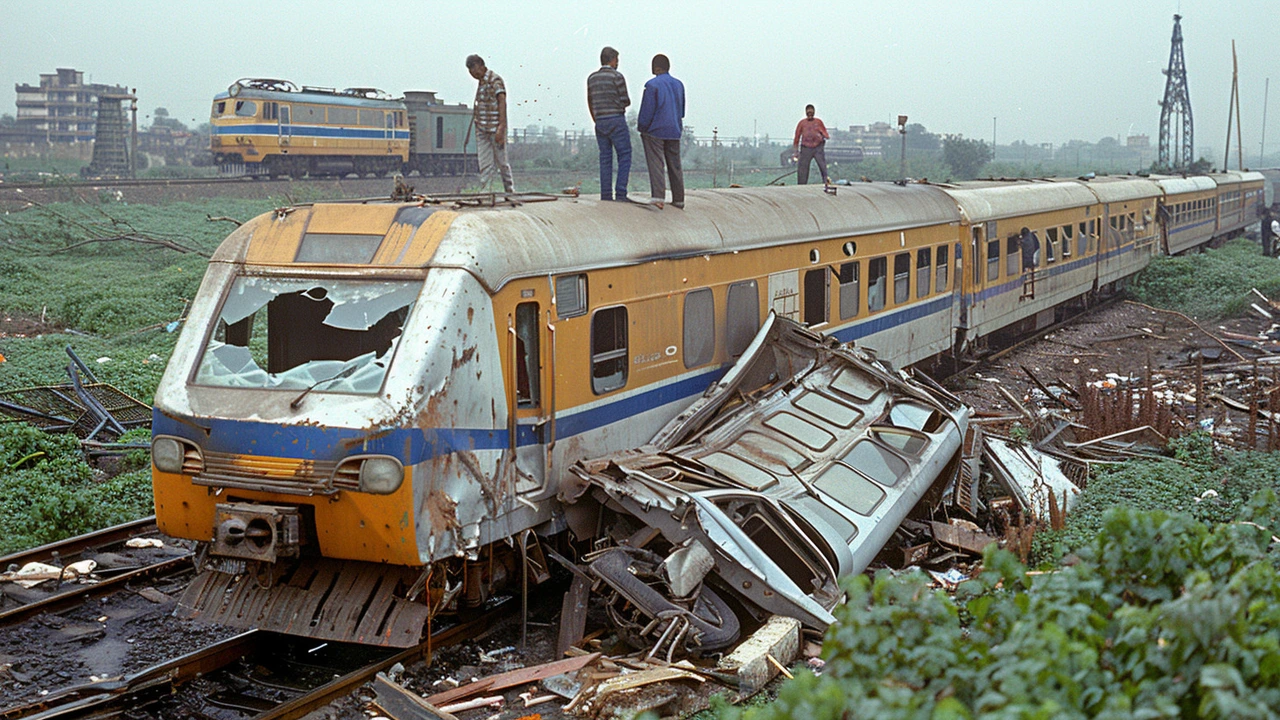
Economic Realities and Greater Needs
The economic realities underpinning Sarma's argument are both stark and moving. Railway passengers, he argues, are often not as affluent as air travelers. The socio-economic strata of train commuters typically reflect a more diverse and frequently financially constrained demographic. In contrast, air travel largely remains an option for more financially secure individuals. This discrepancy underscores Sarma's contention that providing equitable compensation to railway accident victims is not just a matter of fairness but a pressing need.
The impact of these compensation policies can be profound. For the family of a deceased railway passenger, the additional Rs 10 lakhs can mean the difference between falling into insurmountable debt and achieving some level of financial sustainability. The relief amount, therefore, is not merely a figure; it is a lifeline for those left behind.
Call for Uniformity in Compassion
Sarma's call for uniformity in ex-gratia relief also speaks to a larger issue of empathy and governance. A government’s role in such dire situations extends beyond the mere dispensation of funds; it involves recognizing the shared humanity across all economic boundaries. By aligning the compensation amounts, the authorities would demonstrate a uniform compassion for all citizens, regardless of their mode of travel.
The divergent compensation amounts could also reflect on the perceived importance of safety in the respective sectors. An equalization of ex-gratia relief would implicitly advocate for improved safety standards across all sectors, pressing the authorities to act more diligently to prevent such tragedies in the future.
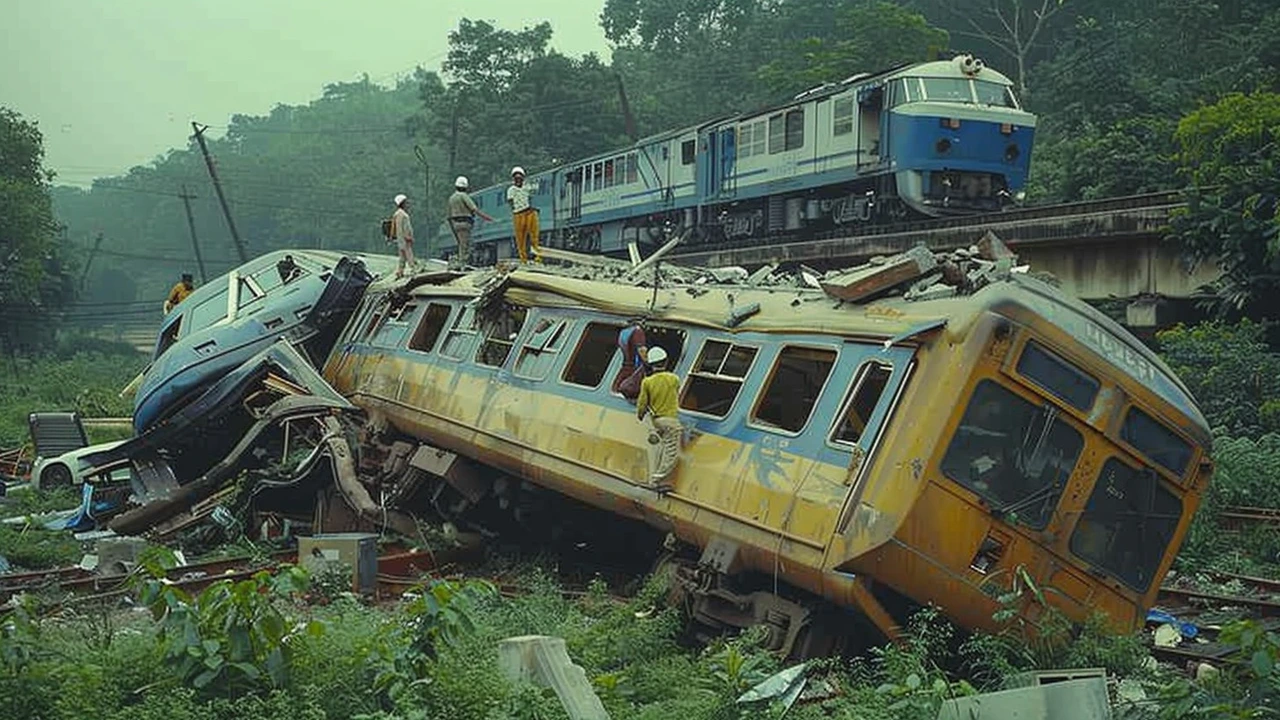
Public Sentiment and Government Response
The public reaction to these announcements has been polarizing. While some commend the Civil Aviation Ministry for its empathy, others criticize the Railway Ministry’s seemingly lesser valuation of lives lost in the Kanchenjunga Express accident. Such disparities in government policy can foster mistrust among the populace, as citizens may feel neglected or undervalued based on arbitrary distinctions between different forms of travel. Sarma’s letter thus raises critical questions about the government's commitment to uniform policies that value all lives equally.
Responding to these concerns represents an opportunity for the government to reiterate its commitment to equitable treatment of all its citizens. By addressing Sarma's recommendations and aligning compensation packages, the authorities can send a powerful message about their dedication to fairness and concern for all individuals, irrespective of economic status or travel preferences.
A Call for Change
In conclusion, E A S Sarma's impassioned plea for equitable compensation in the wake of tragedy highlights significant issues within government policy and approach to disaster relief. His arguments emphasize the need for consistent and fair treatment of all victims, urging the authorities to reassess and rectify any apparent biases in their response to such events.
This discourse stresses the importance of not just monetary compensation but also the underlying principles of equality and empathy in governance. Sarma's letter provides a poignant reminder that at its core, the government’s response to such incidents should reflect an unwavering commitment to the intrinsic value of every human life.
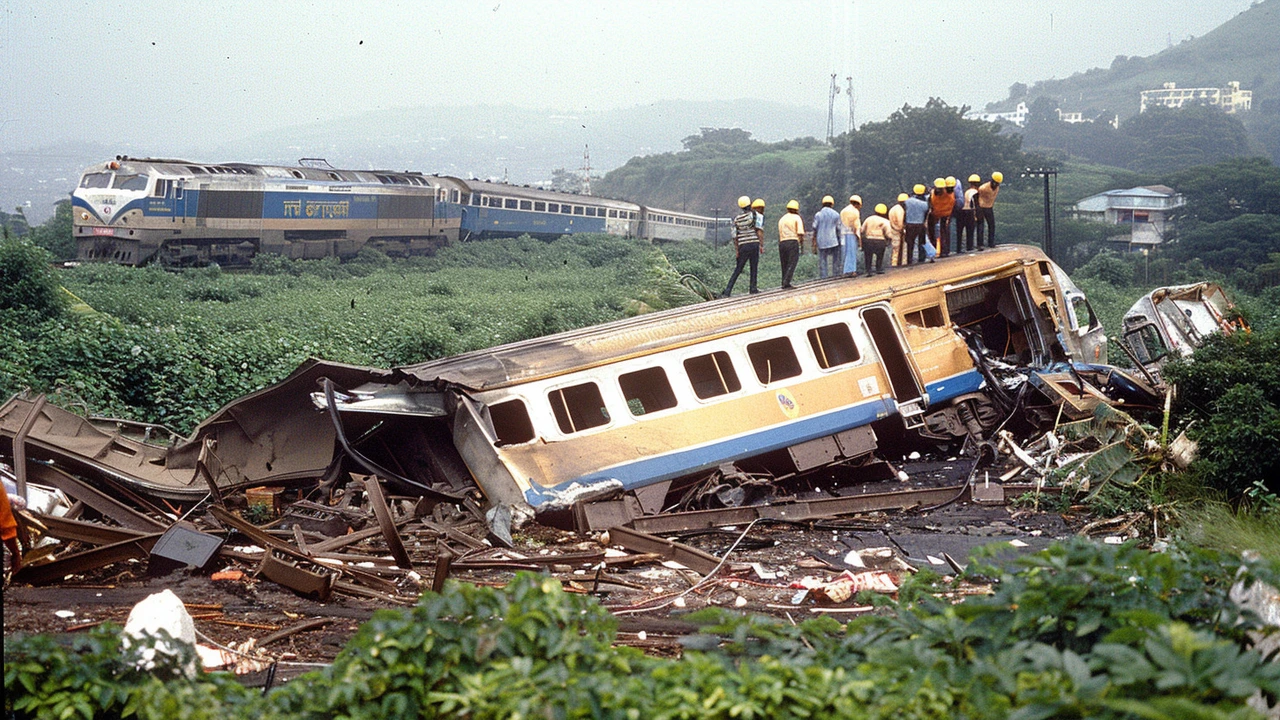



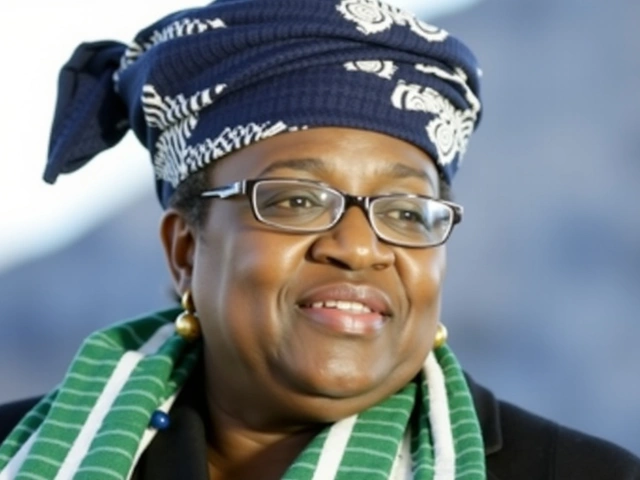
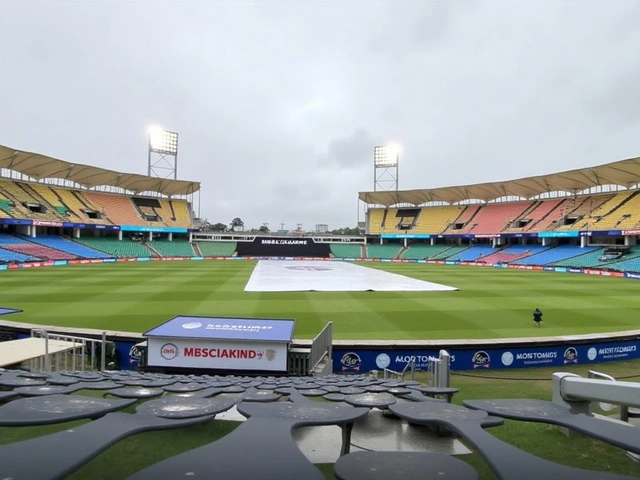
Write a comment